Who We Are
AboitizPower is the Philippines’ leading provider of renewable energy, advancing business and communities towards A Better Future.
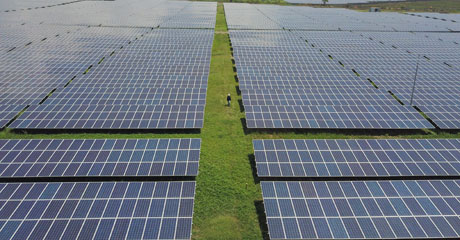
AboitizPower is the Philippines’ leading provider of renewable energy, advancing business and communities towards A Better Future.

AboitizPower champions sustainability initiatives and ventures that help make the world a better place not only for people living today but for generations to come.
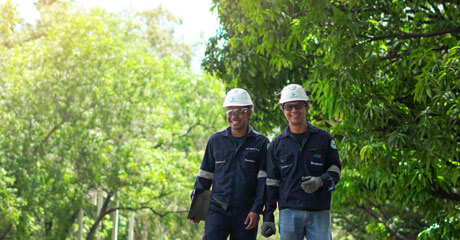
AboitizPower upholds the highest ethical standards, safeguarding the integrity of our initiatives and developments as a business enterprise and a partner for environmental protection.

View our shareholder relations and investment reports and find out how we prioritize addressing the triple bottom line of people, planet, and profit.

Stay updated on the latest stories and developments about AboitizPower.

A Better Future and career await you at AboitizPower. Browse through our job vacancies and join our ever-growing family today!
Home Newsroom SustainabilityBuilding Energy Security: 3 Things That Are Actually Happening
March 08, 2023
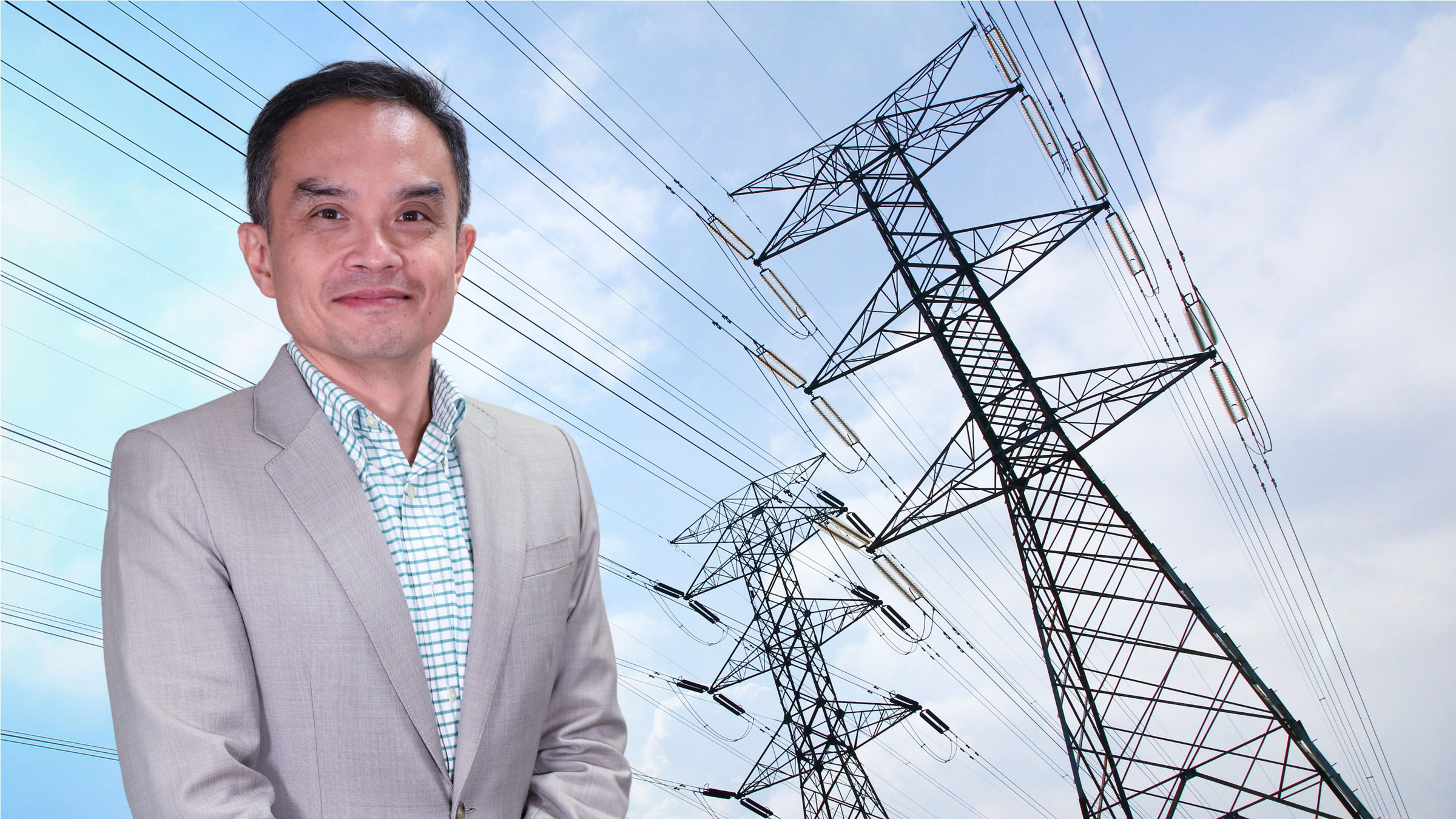
Imagine if every Filipino had reliable, affordable and sustainable electricity.
Close your eyes and dream of a time when there is sufficient power to light up each and every home in Luzon, Visayas and Mindanao, whether in a big city or in a remote island community. Dependable power that illuminates children’s classrooms even on rainy days. Economical power to energize competitive manufacturing facilities which employ thousands upon thousands of Filipinos. In this scenario, energy security or the lack thereof is no longer a yoke around the Filipino’s neck. But alas, more needs to be done to make the scenario I’ve narrated a reality. Energy security is still a major concern for the Philippines.
At a recent Manila Times forum hosted by Ben Kritz, speakers like Energy Regulatory Commission (ERC) Commissioner Monalisa C. Dimalanta, Green Tiger Markets’ (GTM) John Knorring, Philippine Energy Independence Council’s Rolando J. Paulino Jr. WeGen Laudato Si’ Inc.’s Charlie Aycoand the author had an opportunity to discuss some of the items on our wishlist for energy security.
Forum attendees and readers hopefully gained some insight into some of the ideas and innovations that are being eyed in order to increase the country’s energy security. At the same time, the skeptical reader may have also come away with the impression that these innovations and plans were just pipedreams, destined to end up in the dustbin of ideas that never saw the light of day in the Philippines. But no, many of these ideas aren’t just dreams and that there are great developments already underway that will bring a smile to even the most hardened energy security pessimist’s face. Let me give you just three examples:
Actual Development #1: The use of data analysis for better energy efficiency. Advances in man’s ability to collect, store, analyze and interpret vast amounts of data has led to an unprecedented rise in data driven innovation. From a bank’s ability to come up with more sophisticated credit scoring mechanisms to social media platforms’ ability to serve contextualized content to users based on online habits and preferences, data has been a powerful catalyst for significant innovations. The power sector has also started to benefit from the data revolution. Consider one of the biggest problems of any power facility – unplanned outages. Any unplanned outage stresses the Philippine’s thin energy reserves and any major ones generally leads to higher energy costs, if not brownouts. In multibillion dollar power plants with numerous moving parts, an increased ability to predict when an unplanned outage might happen and taking corrective action beforehand, brings immense benefits to all. Sensors attached to boilers, for example, are able to collect data. With sufficient analysis this enables maintenance engineers to predict breakdown of parts, order the items, and schedule experts to be on site to do the required repairs - thus saving time and resources.
Actual Development #2: Net Metering. Through net metering, users can become “prosumers” with the ability to sell energy back to the grid through solar panels (up to 100 kW) that they’ve installed on their homes or facilities. The benefits are significant – prosumers not only get to satisfy their electricity needs but are also able to sell any excess back to the power grid. In the Philippines, the Commission on Audit (COA) has been one of the pioneers of net metering. The COA has installed solar rooftop panels in their Quezon City facility and enjoyed savings of more than P800,000 over just a nine month period. The past uptake hasn’t been at levels that were hoped for but with solar rooftop price competitiveness, volatile fuel prices, and greater dissemination of information, adoption of net metering is expected to increase. The ERC in particular has been a powerful advocate of net metering in the Philippines and, together with industry partners, are getting the message to the market about net metering’s potential and promoting its benefits. The smart money is that there will be a significant increase in the number of qualified end users from the current 7,500 levels to perhaps hundreds of thousands.
Actual Development #3: Battery Energy Storage Systems (BESS). One of the most unique elements about electricity is that unlike other basic utilities like water, it cannot be stored efficiently and over a very long duration. The power captured by solar rooftop panels can’t be used to power up a home five days later when the sky is overcast. Advancements in battery technology have, however, enabled innovative energy companies to store surplus power to be released later to the power grid when it is most needed. The start of the commercial operations of a 49MW BESS floating facility in Maco, Davao de Oro (the first of its kind in Southeast Asia) will help provide regulating and contingency reserve power to the Mindanao grid. A 24MW BESS facility in Isabela will provide the same service to the Luzon grid in 2024. BESS deployment in various parts of the Philippines will provide greater energy security.
So when you hear industry players or the Department of Energy or the ERC or other government agencies talk about how the Philippines is marching towards greater energy security, be confident that those aren’t just ramblings of Voltaire’s Candide, he of the foolish optimism, but that there is significant progress being made – the examples above are but one of many – all across the nation. And to keep this momentum, to sustain the progress, we need well-informed, action-oriented citizens – not kibitzers, bystanders or do-nothings - who will learn more about the issues, hold government, corporates, NGOs and all related groups to account, and who can encourage others to embrace the many changes happening in our energy landscape.
About the author: Joseph Lacson is an accomplished business leader with extensive global expertise in investments, strategy and business development. A Baker Scholar graduate of Harvard Business School, he has worked for companies like Procter and Gamble, Inc., Chope, and Microsoft, where he directly reported to business magnate and tech titan, Steve Ballmer. Joseph recently joined AboitizPower as its Chief Investment Officer, leading the investment efforts of the company across all facets - thermal and LNG, renewable energy, distribution, and emerging technologies.

In line with its commitment to promoting a culture of safety across the organization and among its partners, the AboitizPower Coal Business Unit (BU) ...

Aboitiz Power Corporation (AboitizPower) has been recognized as a constituent company in the FTSE4Good Index Series for the fourth consecutive year an...
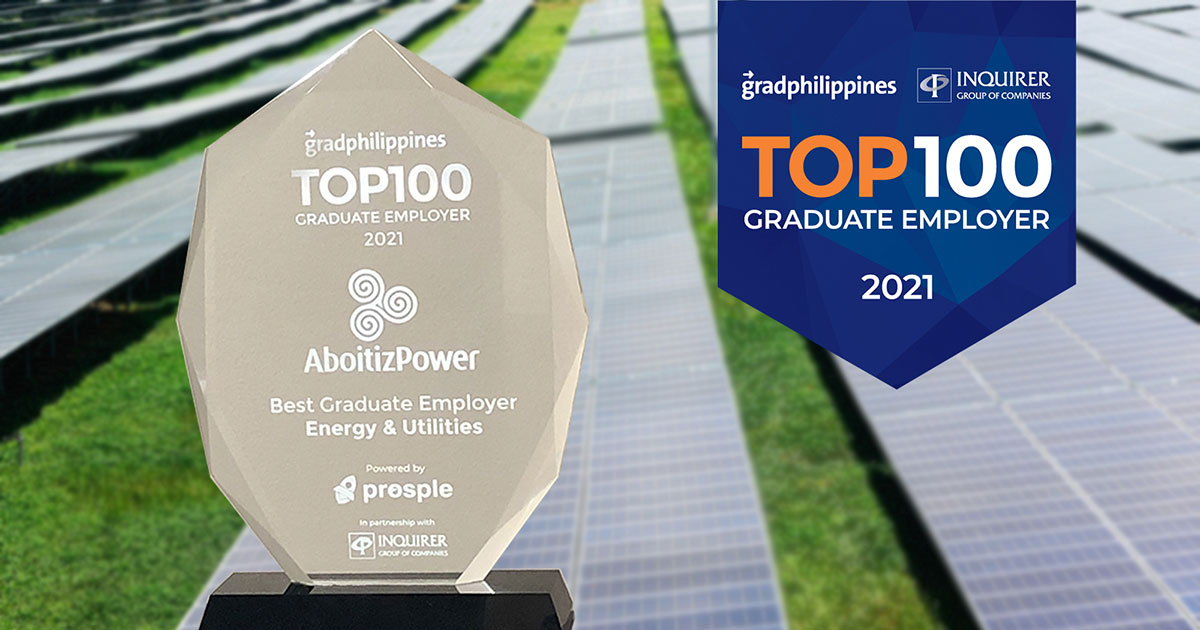
AboitizPower confirmed its place as one of Philippines’ leading graduate employers when the Top 100 Graduate Employers were announced last May 1...
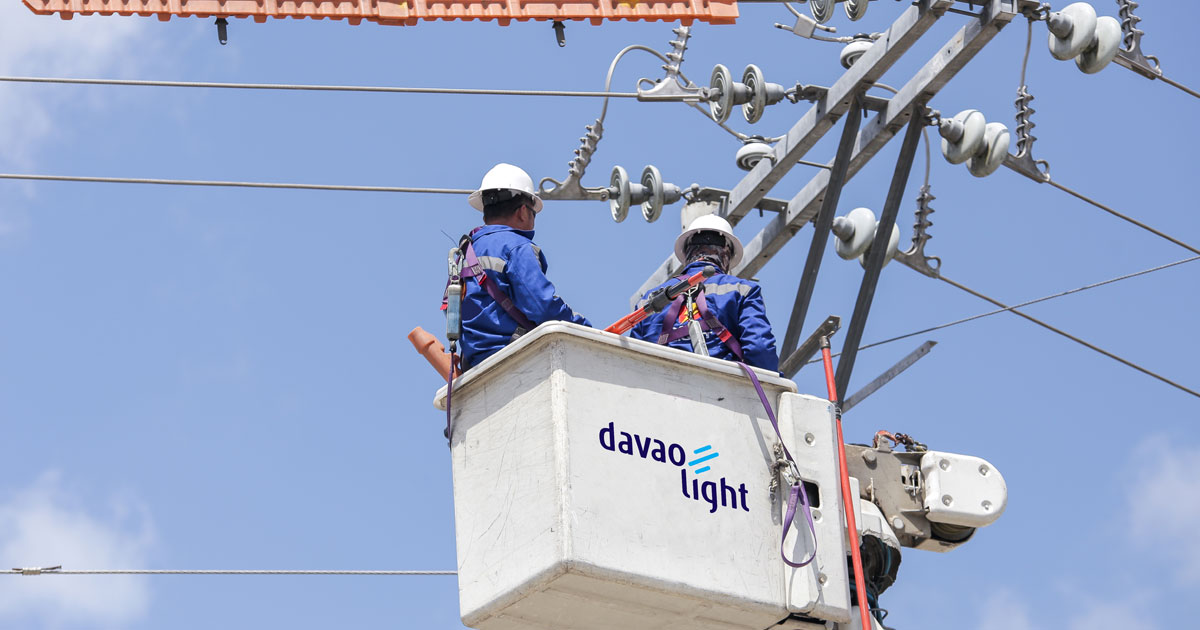
As one of the Philippines’ largest power producers, we help fill the nation’s growing energy needs by providing secure and affordable access to sustainable power across the country.
Learn more about our businesses
AboitizPower champions sustainability initiatives and ventures that help make the world a better place not only for people living today but for generations to come.
View our sustainability initiatives
View our shareholder relations and investment reports and find out how we prioritize addressing the triple bottom line of people, planet, and profit.
Visit our investor relationsWe use cookies to personalize content and ads, which enables us to analyze our traffic.
If you continue
to use this website, you consent to the use of our cookies.
Find out more here.